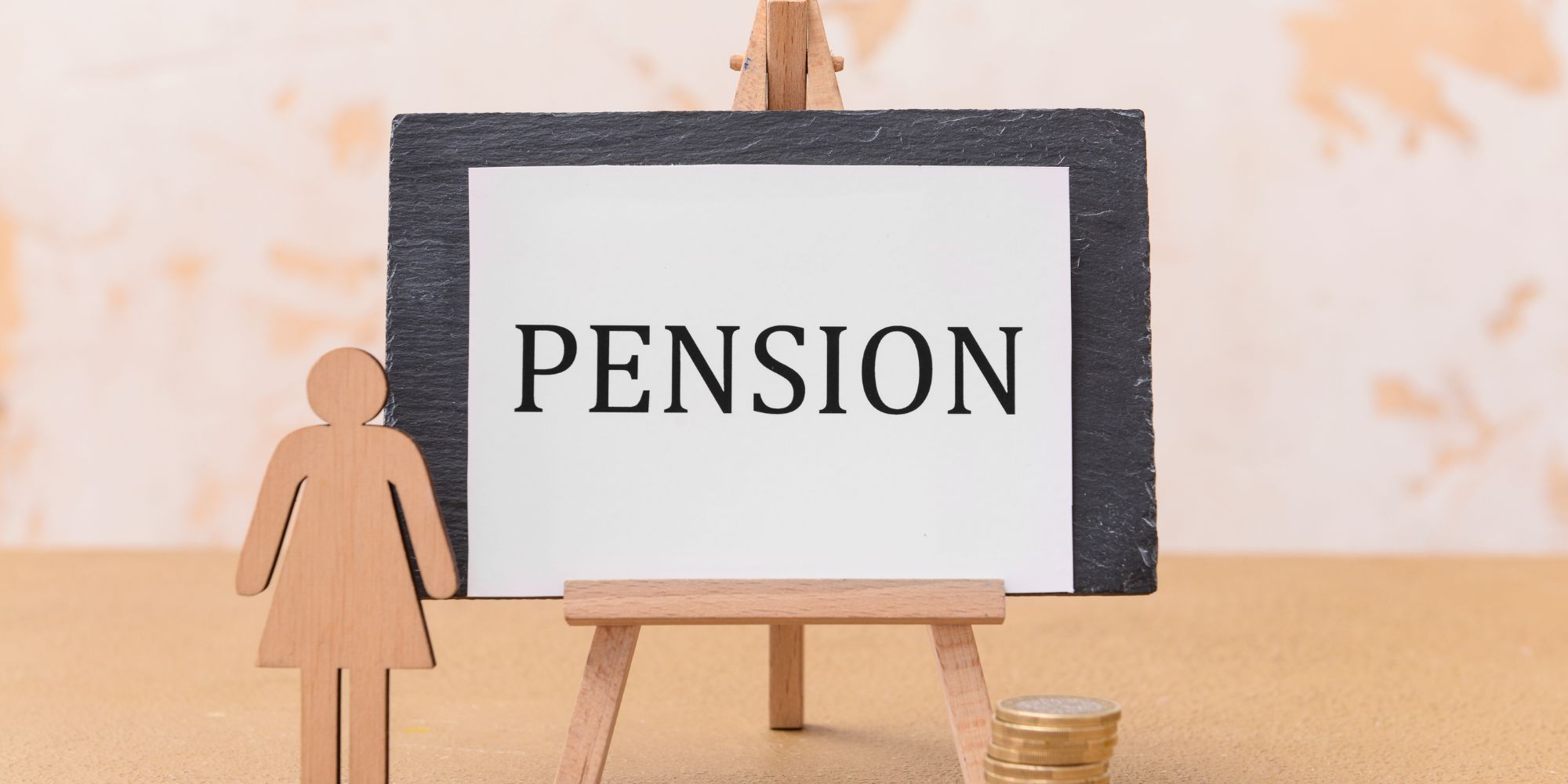Today, we’re going to talk about something that’s incredibly important for all of us as we approach retirement age – the Basic State Pension. Whether you’re nearing retirement or just planning ahead, it’s essential to understand what the State Pension is, how it works, and what you need to do to ensure you receive it. So, let’s dive right in!
What is the Basic State Pension?
The Basic State Pension is a regular payment from the government that you can receive when you reach State Pension age. It’s designed to provide you with a basic income in retirement. The amount you receive is based on your National Insurance (NI) contributions throughout your working life.
How Much Will You Get?
The amount of the Basic State Pension is not a flat rate for everyone. Instead, it depends on the number of qualifying years you have. As of the current rates, the full Basic State Pension is £203.85 per week. To get the full amount, you need to have made 30 years of NI contributions or have 30 qualifying years.
Qualifying Years Explained
A qualifying year is a tax year in which you have paid, or been credited with, enough NI contributions. This can be from working and paying NI, receiving NI credits (which you can get if you were unemployed, sick, or a carer), or making voluntary NI contributions.
State Pension Age
The age at which you can start claiming your State Pension is known as the State Pension age. This is gradually increasing and depends on your date of birth. You can check your State Pension age on the government’s website. For most people currently, it’s around 66, but it will rise to 67 and then to 68 over the coming years.
How to Claim Your State Pension
You won’t get your State Pension automatically – you have to claim it. You should receive a letter from the Pension Service about four months before you reach State Pension age, telling you what to do. If you don’t get a letter, you should contact the Pension Service.
You can claim your pension online, over the phone, or by post. It’s a straightforward process, but it’s important to do it in good time so there’s no delay in receiving your payments.
Can You Increase Your State Pension?
If you don’t have enough qualifying years to get the full State Pension, or if you just want to increase your pension amount, you can pay voluntary NI contributions. This is worth considering if you’re close to retirement and short of the required years.
What If You Have Other Pensions?
The State Pension is just one part of your retirement income. You might also have personal or workplace pensions. The State Pension is a foundation to which other pensions can be added, providing you with a more comfortable retirement.
Keep Your Details Updated
Make sure your NI record is accurate and up to date. You can request a State Pension statement from the government to check how much you’re likely to get and see if there are any gaps in your record. This can help you decide if you need to make any voluntary contributions.
Further Information
For the most detailed and up-to-date information, you can visit the government’s official page on the Basic State Pension. Here’s the link: UK Government State Pension.
Wrapping Up
The Basic State Pension is a vital part of your retirement planning. By understanding how it works and ensuring you’ve got everything in place, you can look forward to a more secure and comfortable retirement. If you have any questions or need help, don’t hesitate to reach out to the Pension Service or seek advice from a financial adviser.
Thanks for reading, and here’s to a happy and healthy retirement!
Additional Resources
For more information and detailed guidance on the Basic State Pension, check out these helpful resources. Each link will take you directly to a specific page where you can find the information you need.
- Check your State Pension age – Find out when you can start claiming your State Pension based on your date of birth.
- State Pension forecast – Get a forecast of how much State Pension you could receive.
- National Insurance record – Get a forecast of how much State Pension you could receive.

